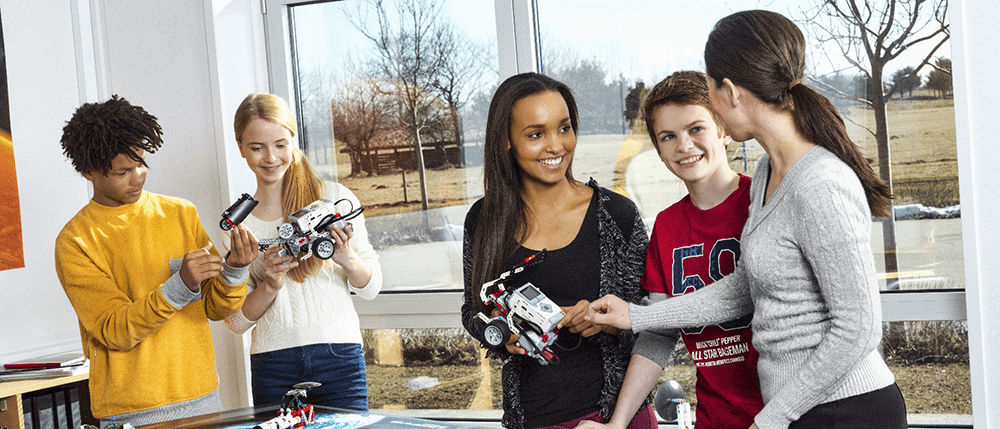
Giving Generation Z the skills they need for a successful future
Published
Thursday, 15 September
Author
Mark Rosser
Categories
Blog
September
Share
Over the past century, significant changes have occurred culturally, economically and politically in the UK and aboard, with one of the biggest developments being the proliferation of technology and social media. These changes have created infinite new jobs and workforces, especially in the STEM (science, technology, engineering and maths) sector, and with many of these […]
This content is restricted to BESA members
LoginNot yet a member?
Become a part of the BESA community and unlock exclusive business advantages, including:
- Trusted provider status to enhance your industry credibility
- Exclusive discounts on major exhibitions and events
- Access to vital sector insights with resources like the BESA Barometer and Compass reports
- Networking opportunities with industry leaders
- Exclusive business benefits designed to help your organisation thrive
Join now and take advantage of BESA's membership benefits to stay ahead in the industry.
Become a member